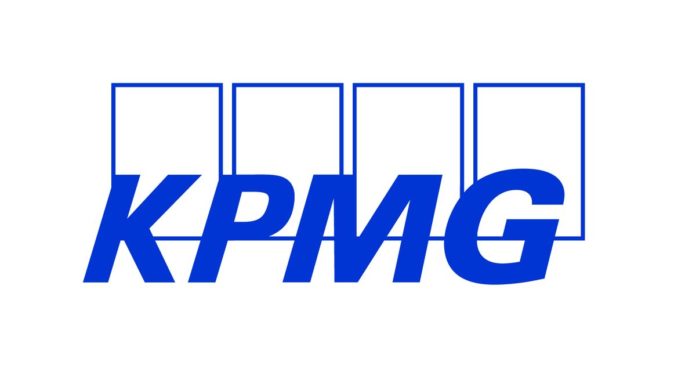An overwhelming majority (95%) of U.S. consumer goods and retail CEOs are confident about the growth outlook for the global economy, the industry and their companies over the next three years, despite potential technological risks, according to a survey by KPMG LLP, the U.S. audit, tax, and advisory firm. In other parts of the world, consumer goods and retail CEOs do not share the same optimism.
KPMG surveyed 41 U.S. and 134 global consumer goods and retail CEOs on topics including growth, corporate strategy, disruption, and risk. The 2017 KPMG U.S. CEO Outlook report can be viewed here: http://www.kpmg.com/US/CEOoutlook.
“While CEOs are optimistic, they recognize the need to continue to transform their businesses to build stronger relationships in this era of the ‘connected customer’,” said Mark Larson, National Line of Business Leader, Consumer & Retail. “Technology, as the key enabler to delivering the right customer experience, will play a huge role in determining which companies will thrive and which ones will fall into obscurity.”
The Connected Customer
Sixty-eight percent of U.S. CEOs are concerned that they are not leveraging digital means to connect with their customers as effectively as possible – well above only 33 percent of their global peers. Two-thirds of the U.S. CEOs agree that technological innovation is likely to disrupt the sector in the next three years, weakening or eliminating some traditional players. To address these concerns, U.S. CEOs say they will invest heavily in physical and digital infrastructure over the next three years. One thing is clear, customers are central to the strategies U.S. CEOs are prioritizing for their businesses with digitization through technology transformation, greater speed-to-market and stronger marketing, branding and communications topping their agendas.
“Achieving growth is an urgent issue for companies as increased competition from new entrants disrupts the market and erodes share for traditional players,” said John MacIntosh, National Sector Leader, Consumer Goods. “Investments in technology and digital to establish better relationships with customers will go a long way in getting CEOs to see top-line growth for their organizations.”
Regarding technology investment, 56 percent of U.S. CEOs cited cognitive technologies – including artificial intelligence and machine learning – and 41 percent selected Internet of Things as the most significant areas. However, 29 percent of these CEOs acknowledge that they will need to reskill their current workforce and attract new strategic talent to meet their organizations’ technology challenges in the next three years.
As these changes take place, CEOs will need to ensure that the return on investment is realized. Although 73 percent of U.S. consumer goods and retail CEOs say that new investments or ventures are evaluated for customer impact and 85 percent say their middle and back office processes are aligned to reflect a more customer-centric approach to their front office, 63 percent say their organizations struggle to evaluate the return on investment from customer-focused programs.
“As all of these technology transformations are conceived and planned at organizations, it’s vital to consider the impact on your customer and ensure that these measures not only drive traffic to your store or website but also enhance their experience with your brand,” said Larson.
About KPMG LLP
KPMG is one of the world’s leading professional services firms, providing innovative business solutions and audit, tax, and advisory services to many of the world’s largest and most prestigious organizations.




